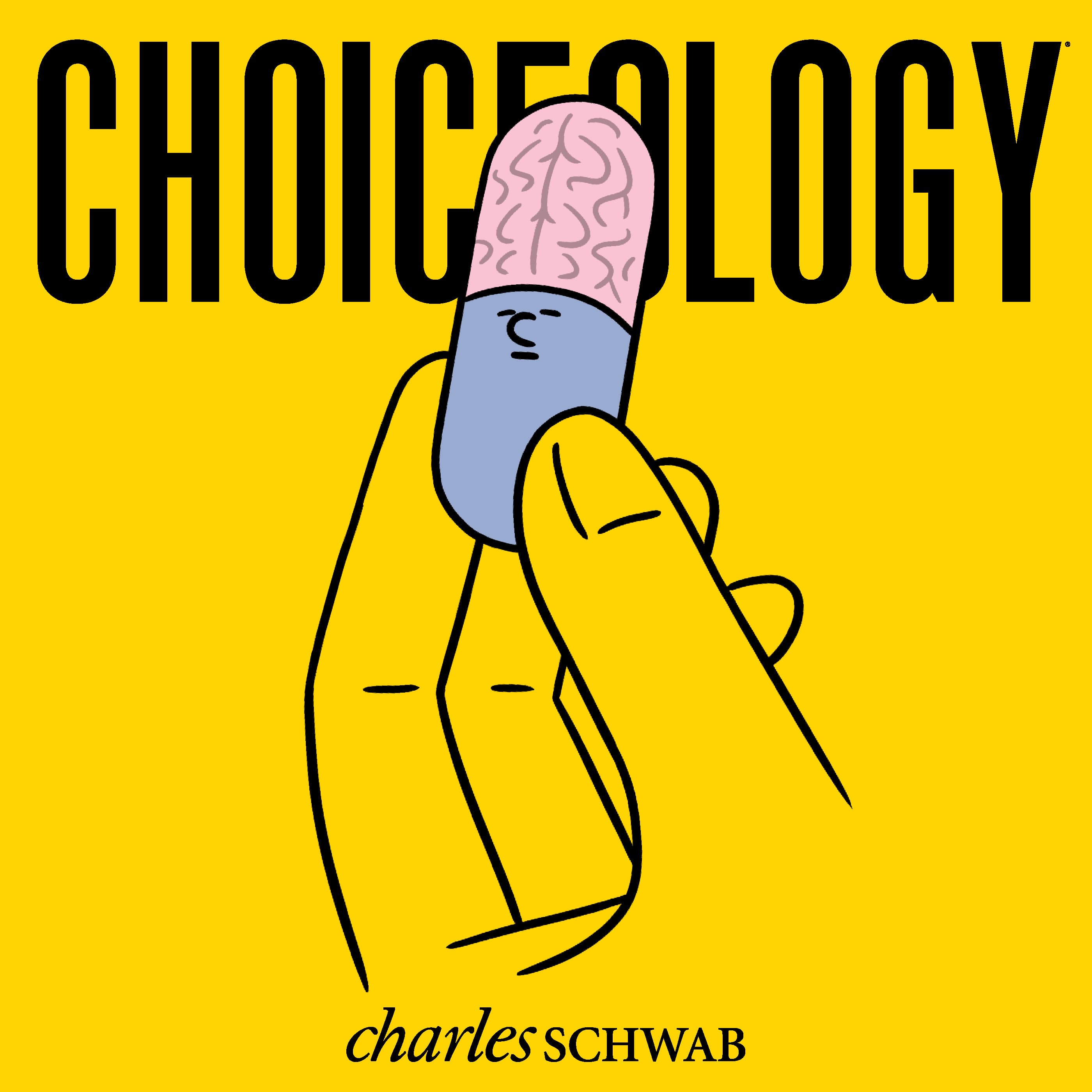Mindful of Mindsets: With Guests Erik Vance & Alia Crum
Have you ever visited your doctor to deal with a minor health issue and then left the office with nothing more than the doctor"s calming reassurance? Chances are good that you felt a bit better, physically, just by virtue of experiencing the environment of the clinic and anticipating some kind of improvement in your health.
In this episode of Choiceology with Katy Milkman, we explore how your beliefs and expectations can have a very real impact on your health and well-being.
Science journalist Erik Vance vividly recounts several peculiar experiences taking part in traditional healing ceremonies in Mexico. Erik examined certain aspects of these age-old rituals through the lens of modern science to discover some measurable effects on health. He also volunteered for a rather painful experiment in a research lab involving electric shocks with some surprising results.
Erik Vance is a journalist and editor with the New York Times Well Desk. He's also the author of the book: Suggestible You: The Curious Science of Your Brain's Ability to Deceive, Transform, and Heal.
Next, you'll hear the results of a sneaky experiment with some unwitting volunteers involving special coffee.
Then, Katy speaks with Alia Crum about her research into mindsets and the placebo effect and how they function to activate the body's natural physiological abilities to heal itself. She explains how setting expectations can lead to improved outcomes in diet and exercise—and can have marked positive effects on stress management.
Alia Crum is an assistant professor of psychology at Stanford University and the principal investigator of the Stanford Mind & Body Lab.
Finally, Katy explains how you can leverage mindsets to help you achieve your goals.
Choiceology is an original podcast from Charles Schwab.
If you enjoy the show, please leave a rating or review on Apple Podcasts.
Learn more about behavioral finance.
Explore more topics
All expressions of opinion are subject to change without notice in reaction to shifting market conditions.
The comments, views, and opinions expressed in the presentation are those of the speakers and do not necessarily represent the views of Charles Schwab.
All corporate names are for illustrative purposes only and are not a recommendation, offer to sell, or a solicitation of an offer to buy any security.
Data contained herein from third-party providers is obtained from what are considered reliable sources. However, its accuracy, completeness or reliability cannot be guaranteed.
Investing involves risk, including loss of principal.
The book How to Change: The Science of Getting from Where You Are to Where You Want to Be is not affiliated with, sponsored by, or endorsed by Charles Schwab & Co., Inc. (CS&Co.). Schwab has not reviewed the book and makes no representations about its content.
Apple Podcasts and the Apple logo are trademarks of Apple Inc., registered in the U.S. and other countries.
Google Podcasts and the Google Podcasts logo are trademarks of Google LLC.
Spotify and the Spotify logo are registered trademarks of Spotify AB.



